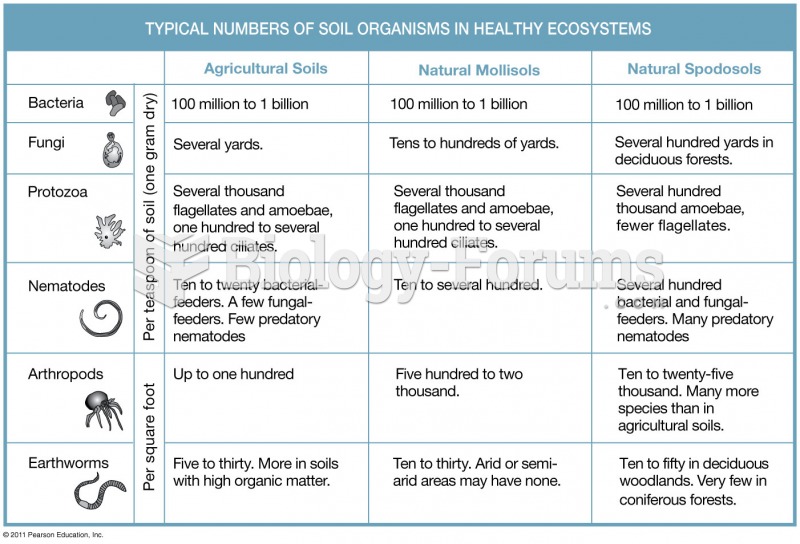Answer to Question 1
ANS: B
A significant study problem and purpose are based on previous research. In a research article, the introduction and literature review sections include relevant studies that provide a basis for a study.
The study does not appear to address multidisciplinary concerns. A significant study problem and purpose are based on previous research. In a research article, the introduction and literature review sections include relevant studies that provide a basis for a study.
There is no indication that the study will challenge existing theory. A significant study problem and purpose are based on previous research. In a research article, the introduction and literature review sections include relevant studies that provide a basis for a study.
From information given, it would be incorrect to conclude that the study influences theology. A significant study problem and purpose are based on previous research. In a research article, the introduction and literature review sections include relevant studies that provide a basis for a study.
Answer to Question 2
ANS: B
The feasibility of a research problem and purpose is determined by examining the researcher's expertise; money commitment; availability of subjects, facilities, and equipment; and the study's ethical considerations.
Ethics should be at the core of any study, but is not determined by access to patients. The feasibility of a research problem and purpose is determined by examining the researcher's expertise; money commitment; availability of subjects, facilities, and equipment; and the study's ethical considerations.
The methodology is how the researcher plans the study and its analysis. The feasibility of a research problem and purpose is determined by examining the researcher's expertise; money commitment; availability of subjects, facilities, and equipment; and the study's ethical considerations.
The reliability of a study has to do with its methodology and is not dependent on access. The feasibility of a research problem and purpose is determined by examining the researcher's expertise; money commitment; availability of subjects, facilities, and equipment; and the study's ethical considerations.







